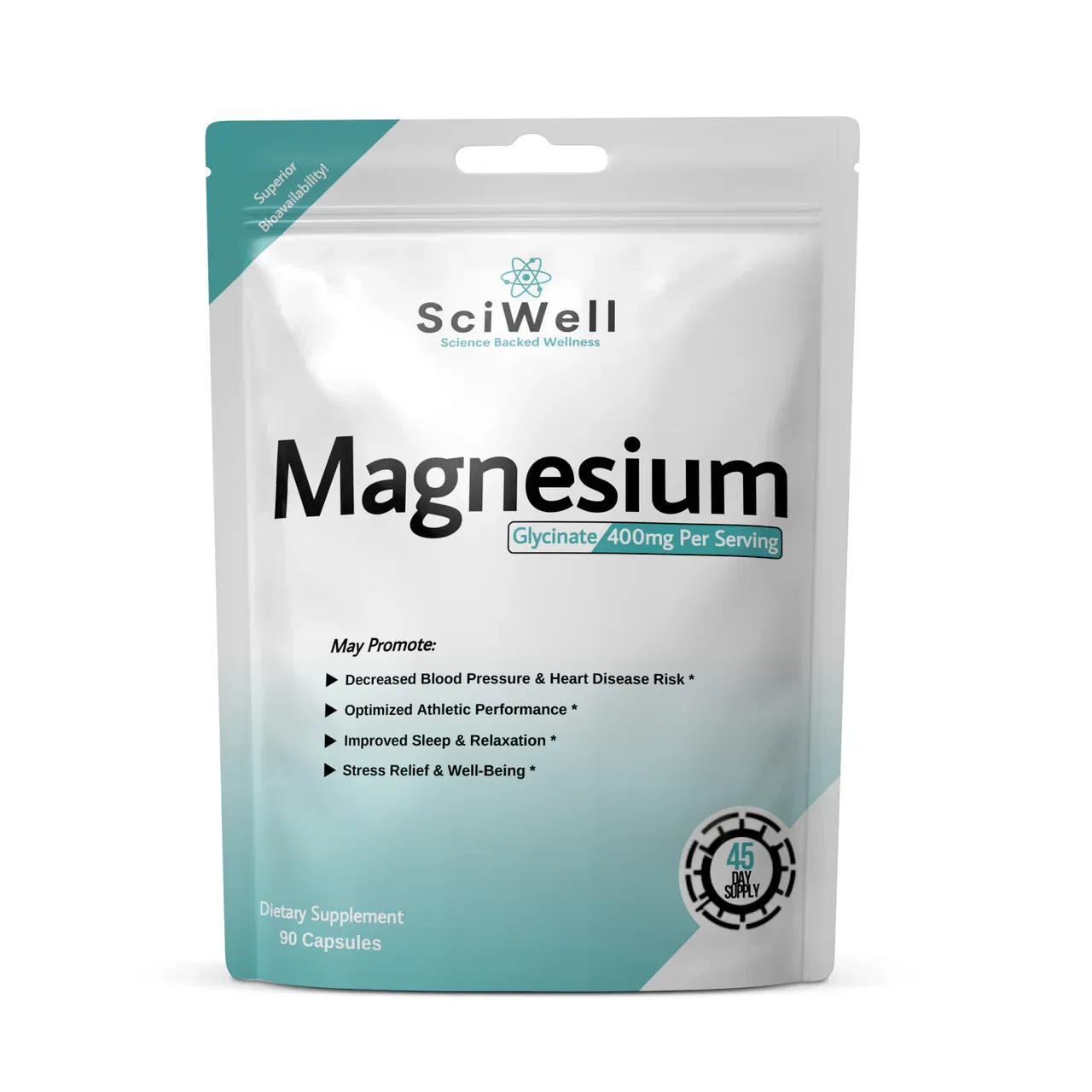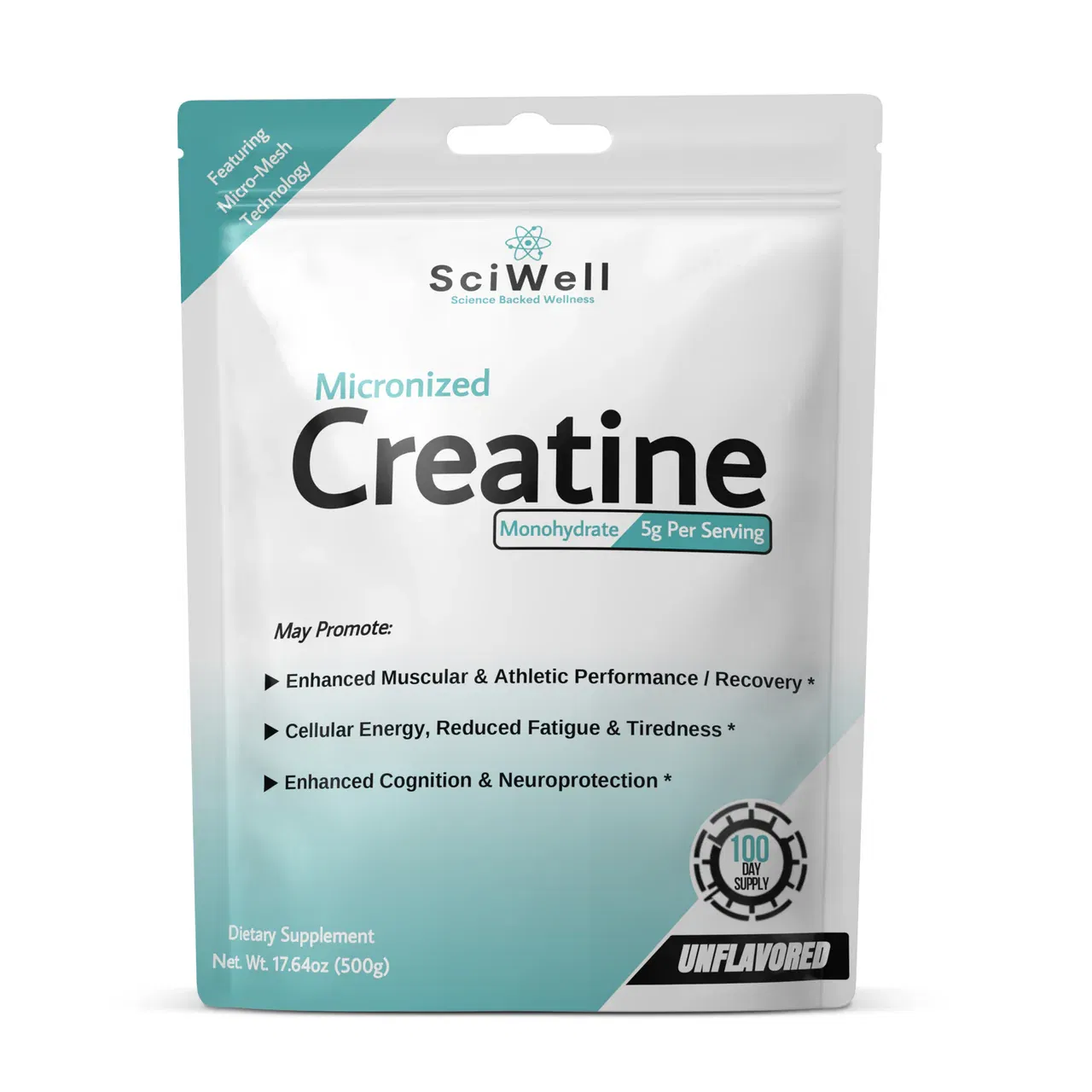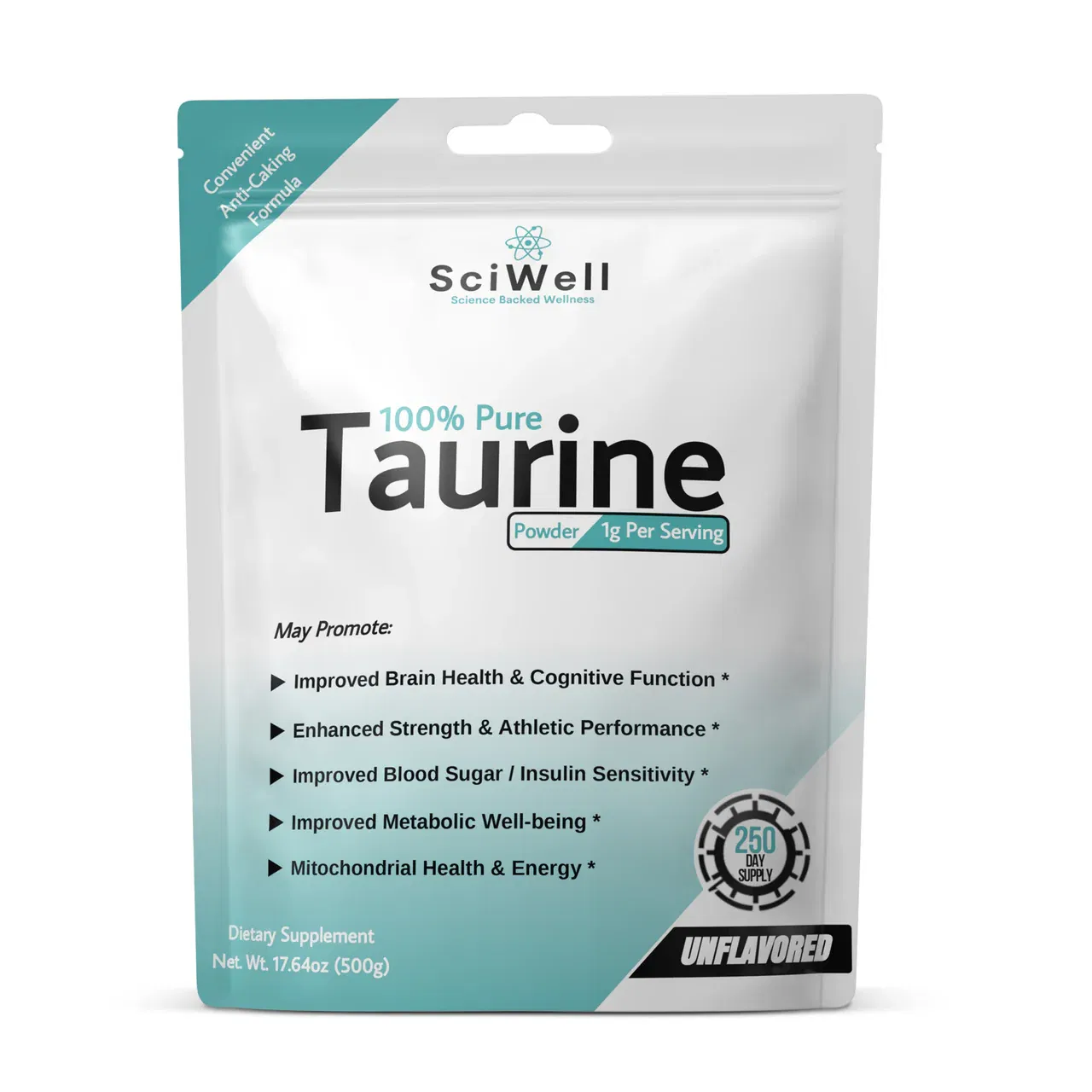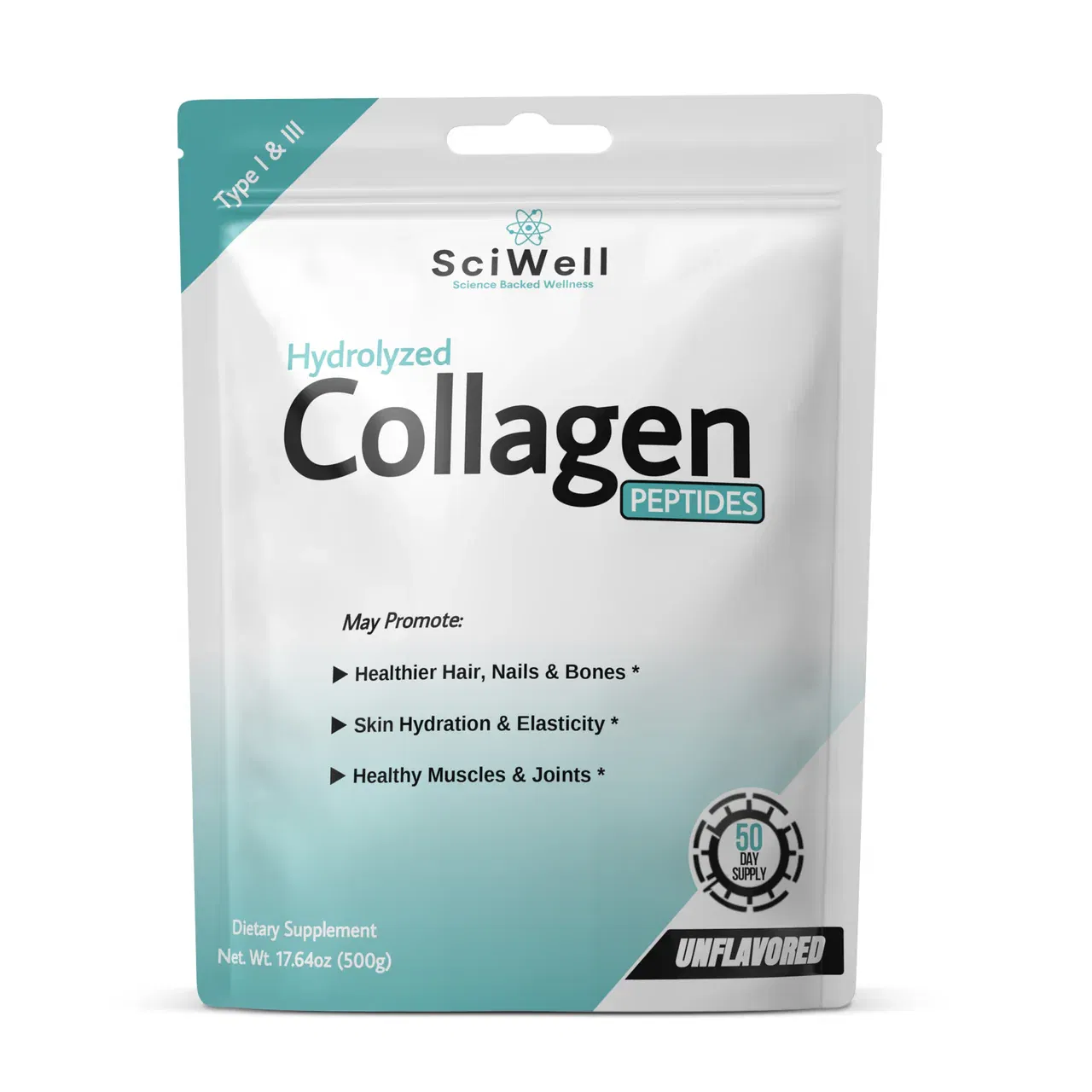
What to Avoid When Taking Glutathione: 9 Things to Know
Premier Tech DropsKnowing what to avoid when taking glutathione is just as important as taking the supplement itself.
Making simple mistakes, like drinking coffee too soon after your dose or choosing a low-quality supplement can waste your money and delay results.
Glutathione is one of the most powerful antioxidants in the body, known for its skin-brightening, detoxifying, and immune-boosting benefits.
However, many people take glutathione without realizing that certain habits, foods, and medications can significantly reduce its effectiveness.
In this guide, we’ll cover:
- The top 9 things that interfere with glutathione absorption
- How to maximize your supplement’s effectiveness
- Common questions about glutathione mistakes
By the end, you’ll know exactly how to avoid these pitfalls and get the best results from your glutathione regimen.
Why Knowing What to Avoid When Taking Glutathione Matters
Before diving into what to avoid, it's important to understand why proper glutathione supplementation is so important.
Unlike many other antioxidants that primarily work in specific areas of the body, glutathione is present in every cell and plays a fundamental role in cellular protection and function.
When glutathione levels are optimal, your body can:
- More effectively neutralize harmful free radicals
- Better eliminate toxins and heavy metals
- Maintain stronger immune defenses
- Support healthy aging at the cellular level
- Promote even skin tone and complexion
However, when glutathione levels are depleted or supplementation isn't properly supported, these benefits may be significantly reduced.
This is why understanding what to avoid when taking glutathione is so important - it helps ensure your body can properly utilize this critical antioxidant.
Top 9 Things to Avoid When Taking Glutathione

1. Alcohol
Alcohol presents one of the most significant challenges to maintaining healthy glutathione levels. When you consume alcohol, your liver prioritizes breaking it down, and this process consumes large amounts of glutathione.
Chronic alcohol use can deplete liver glutathione stores by up to 80%, leaving less available for other important detoxification processes.
Why It’s a Problem:
- Alcohol forces your liver to prioritize detoxing alcohol over producing glutathione.
- Smoking increases free radicals, which deplete glutathione faster.
What to Do Instead:
- Limit alcohol to occasional drinks (avoid daily consumption).
- Quit smoking or reduce cigarette use to preserve glutathione levels.
2. High-Caffeine Drinks (Coffee, Energy Drinks)
Many people don't realize that caffeine can impact glutathione metabolism. Coffee and other caffeinated beverages increase cortisol production, and elevated cortisol levels have been shown to reduce cellular glutathione concentrations.

Additionally, some research suggests that compounds in coffee may temporarily bind to glutathione, reducing its bioavailability.
This doesn't mean you need to give up coffee entirely, but being
mindful of timing can help maximize your glutathione supplementation.
Why It’s a Problem:
- Caffeine increases cortisol (stress hormone), which lowers glutathione production.
- Drinking coffee right after glutathione may reduce absorption.
What to Do Instead:
- Wait 1-2 hours after taking glutathione before having coffee.
- Switch to herbal tea or matcha, which has less impact on cortisol.
3. Processed Sugars and Junk Food
A diet high in processed foods and added sugars creates several problems for glutathione status.
First, these foods typically lack the nutrients needed for glutathione production and recycling.
Second, the oxidative stress caused by high blood sugar levels depletes glutathione reserves.
Third, processed foods often contain additives and preservatives that increase the body's toxic burden, requiring more glutathione for detoxification.
Why It’s a Problem:
- Sugar causes inflammation, counteracting glutathione’s antioxidant effects.
- Processed foods lack nutrients needed for glutathione recycling.
What to Do Instead:
- Eat antioxidant-rich foods like berries, leafy greens, and nuts.
- Avoid sugary snacks within 2 hours of taking glutathione.
4. Medication Interactions to Be Aware Of
Several common medications can impact glutathione levels or effectiveness. The most notable is acetaminophen (Tylenol), which is metabolized using glutathione pathways. Regular use can significantly deplete glutathione stores. Other medications that may affect glutathione include:
- Chemotherapy drugs
- Certain antibiotics
- Some antidepressants
- NSAIDs (with long-term use)
Recommendations:
- Always consult your doctor about potential supplement-medication interactions
- If taking medications that deplete glutathione, consider higher supplementation
- Space glutathione supplements apart from medications when possible
- Monitor for any changes in medication effectiveness
5. Low-Quality Glutathione Supplements
Why It’s a Problem:
- Cheap glutathione pills often break down in digestion before absorbing.
- Non-liposomal forms have poor bioavailability (under 10%).
What to Do Instead:
- Choose the best glutathione supplement, such as liposomal or reduced forms.
- Look for third-party tested brands like SciWell Liposomal Glutathione.
6. Taking with Dairy or Calcium-Rich Foods
Why It’s a Problem:
- Calcium binds to glutathione, reducing absorption in the gut.
- Milk, cheese, and calcium supplements can interfere.
What to Do Instead:
- Take glutathione on an empty stomach (30 mins before meals).
- If eating dairy, wait at least 2 hours after your dose.
7. Excessive Sun Exposure Without Protection
Why It’s a Problem:
- UV rays create free radicals, forcing your body to use up glutathione faster.
- Sunburn increases oxidative stress, counteracting skin-brightening effects.
What to Do Instead:
- Always wear sunscreen (SPF 30 or higher).
- Take glutathione at night to support skin repair while sleeping.
8. Skipping Antioxidant Co-Factors (Vitamin C, Selenium)
Why It’s a Problem:
- Glutathione works best with vitamin C, selenium, and NAC.
- Without these, your body can’t recycle glutathione efficiently.
What to Do Instead:
- Take a glutathione supplement that includes vitamin C (like SciWell’s formula).
- Eat selenium-rich foods (Brazil nuts, fish, eggs).
9. Inconsistent Dosage (Skipping Days)
Why It’s a Problem:
- Glutathione needs daily use to build up in your system.
- Skipping doses delays skin brightening and detox results.
What to Do Instead:
- Set a daily reminder to take your supplement.
- Keep glutathione in a visible spot (like next to your toothbrush).
Optimizing Your Glutathione Supplementation

Now that we've covered what to avoid, let's focus on how to maximize your glutathione supplementation:
Choosing the Right Form of Glutathione
Not all glutathione supplements are created equal. The supplement form dramatically impacts how much glutathione actually reaches your cells:
- Liposomal Glutathione: Encapsulated in phospholipids for superior absorption (recommended)
- Reduced Glutathione (GSH): More stable than regular glutathione but still has absorption challenges
- Acetyl Glutathione: Modified form that crosses cell membranes more easily
- Sublingual Glutathione: Absorbs through the mucous membranes
Supporting Nutrients for Glutathione
Certain nutrients work synergistically with glutathione:
- Vitamin C: Helps regenerate oxidized glutathione
- Selenium: Essential for glutathione peroxidase enzymes
- Alpha-Lipoic Acid: Recycles glutathione and other antioxidants
- NAC (N-Acetyl Cysteine): Direct precursor to glutathione
Recommendation: Look for a comprehensive formula that includes these supporting nutrients.
Take at the Right Time
- Best Time: Morning on empty stomach or before bed
- Typical Dose: 250-1000mg daily depending on goals
- Consistency: Daily use is crucial for building up levels
Conclusion
Understanding what to avoid when taking glutathione is just as important as taking the supplement itself. By being mindful of alcohol consumption, smoking, caffeine timing, dietary choices, and medication interactions, you can significantly enhance the effectiveness of your glutathione supplementation.
Remember that the quality of your supplement matters tremendously. Investing in a high-quality, well-absorbed form like liposomal glutathione, combined with these optimization strategies, will help you achieve the best possible results for your health, detoxification, and skin appearance.
For those serious about maximizing their glutathione benefits, we recommend SciWell Liposomal Glutathione, which combines premium glutathione with vitamin C for enhanced absorption and effectiveness.
Top Products You May Also Like 👍
Read Related Article 📖
FAQs What To Avoid When Taking Glutathione
Can I take glutathione with my other vitamins?
Yes, you can take glutathione with other vitamins, and some, like vitamin C, can actually help boost its effects. Many multivitamins and skin supplements are safe to combine with glutathione. Just make sure you are not taking too much of any single vitamin. It’s always a good idea to check with your doctor if you take many supplements.
How long should I take glutathione before expecting results?
Most people start to see results from glutathione after 1 to 3 months of regular use. The timeline can vary depending on your body, dosage, and skin type. Taking it with vitamin C and staying consistent helps speed up results. Some changes may be subtle at first, so it’s important to be patient.
Are there any people who shouldn't take glutathione?
Glutathione is generally safe, but people with asthma, certain liver conditions, or allergies to ingredients should be cautious. Pregnant or breastfeeding women should talk to a doctor before using it. If you take medications or have a health condition, it’s best to ask your healthcare provider. Always read the label and start with the recommended dose.
Can I build up a tolerance to glutathione?
There is no strong evidence that the body builds up a tolerance to glutathione. If you take it as directed, it should continue to work over time. However, missing doses or using very low-quality products might reduce effectiveness. For lasting benefits, consistency and proper dosing are key.
Why do some people feel worse when starting glutathione?
Some people may feel worse at first due to a detox reaction, as glutathione helps the body remove toxins. This can cause tiredness, headaches, or mild stomach upset in the beginning. These symptoms usually go away after a few days. Drinking more water and starting with a lower dose can help ease this process.









